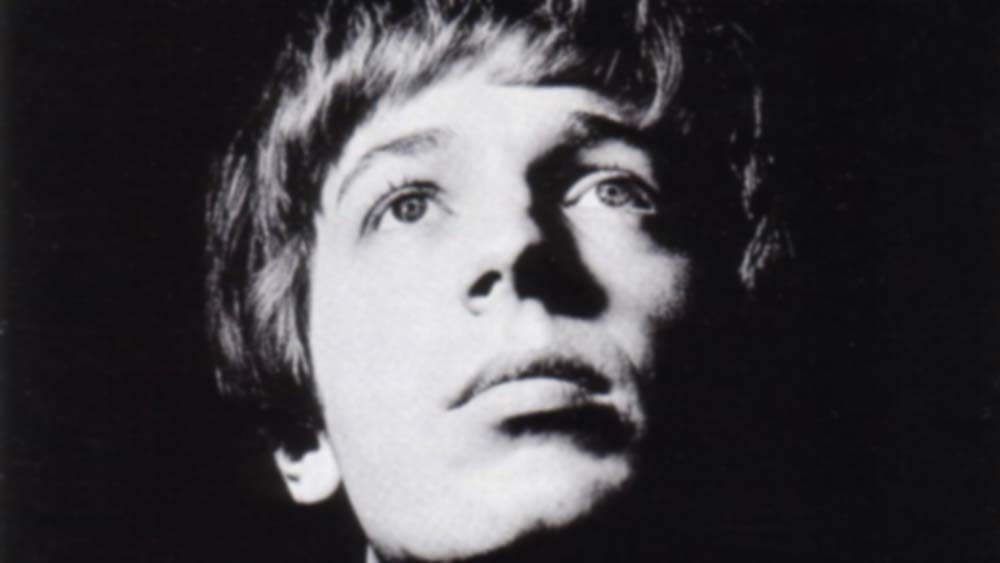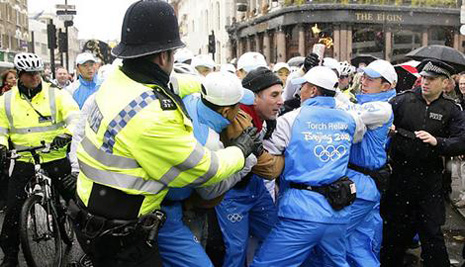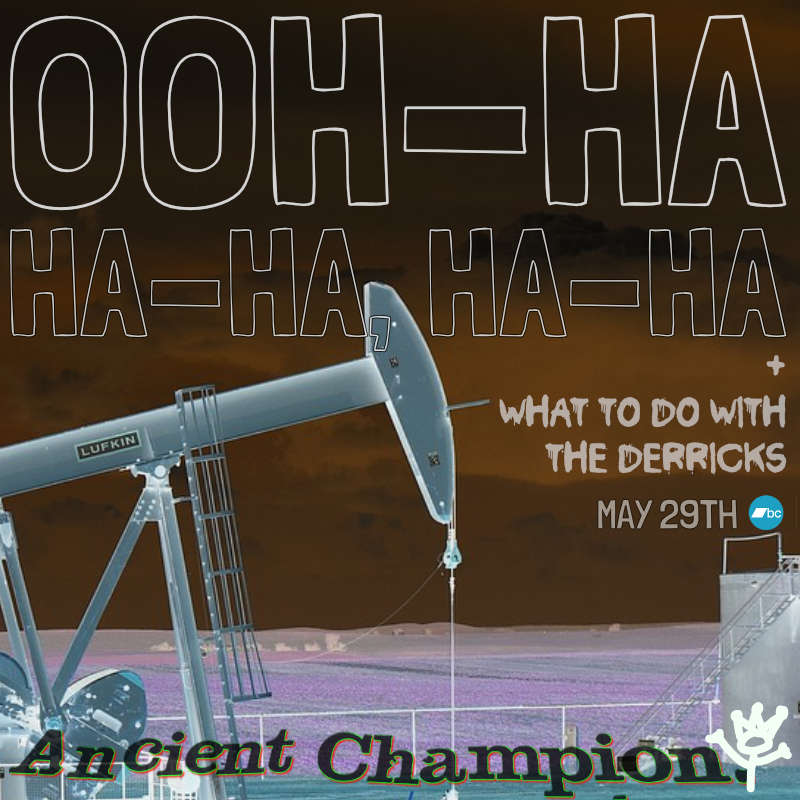Introduction
“Are you okay?”
It’s the morning of Monday 25th March and old friends are texting me, e-mailing me even picking up the phone to talk to me about the news of the death of Scott Walker. They know that his death would have hit me hard, harder than David Bowie, harder than any other artist.
I am not okay.
Walker's music had soundtracked so much of my life. I had always intended to write something about him but, as with Mark Hollis only a month before, I never thought that it would be under such cruel circumstances.
And so, from 'The Sun Ain’t Gonna Shine Anymore' to Sunno))) - I revisited what Julian Cope had once coined ‘The God Like Genius of Scott Walker' ( a description that had stuck long after Cope had moved on).
With each release, remembering how I had succumbed to their power. Here is where it began…
'The Sun Aint Gonna Shine Anymore (1966)
It was probably unwise to have exposed myself to that degree of melancholy at such an impressionably young age.
I should have lifted the needle from the record after about thirty seconds and swiftly replaced 'The Sun Gonna Shine Anymore' by The Walker Brothers back into my parents pile of old seven inch singles. I should have forgotten about it and gone back to playing my copy of 'Kings of the Wild Frontier' by Adam & The Ants, but I didn't. Instead, a change had occurred, I had heard that sad and longing baritone voice for the first time, it seemed to recall an era before rock and rock, but unlike an old crooner he sounded contemporary. It resonated with something inside of me. That moment would remain with me, an initial glimpse into the work of an artist that I would later revere like no other.
‘The Sun Ain’t Gonna Shine Anymore’ may have only been a cover version but Walker had that Sinatra-esque way of making you believe that the pain was entirely his. He made it feel personal. Lord, what would this guy sound like singing his own songs...
Scott - Scott 4 (1967-1969)
Walker's first four solo albums (Scott - Scott 4), would, in their idiosyncratic way, redefine some of the possibilities of popular music. Although much of the British pop music of the previous decade had borrowed heavily from American musical styles and fashion, here was the complete opposite. Walker had arrived in the UK from the US in the early sixties and was already immersed European culture and films.
The influence of British New Wave cinema is clear on his earliest lyrics, from the b-sides he had written for the Brothers' singles ('Mrs Murphy', 'Orpheus' etc.), to 'Montague Terrace (in Blue)' on his first solo album and 'The Amorous Humphrey Plugg' (Scott 2), he found extraordinary tales in ordinary lives. The songs were bleakly cinematic, you could visualize the unfolding melodramas, characters trapped in dimly lit rented rooms and mundane routines, their fleeting romantic encounters their only form of escape.
Although Walker could still keep the mums and dads happy by crooning sentimental love songs (listen to the Tony Bennett-like 'If She Walked into My Life' from his late sixties TV show), he was infatuated by the realism of Belgian songwriter Jacques Brel. As a songwriter and performer Brel was without compare (see his sweat soaked, wracked and pleading rendition of 'Ne Me Quitte Pas' on YouTube), Brel eschewed niceties in favour of unvarnished truths, his songs dealt with mortality ('My Death' and the bitter 'Funeral Tango'), the shame of young soldiers losing their virginity aboard brothel trucks ('Next') and the desperate alcoholics and prostitutes of 'Amsterdam'. Walker's versions were brought to life by Wally Stott's fabulous orchestral arrangements, it was a cabaret, full of drama, the frankness of the lyrics could sting you. And anyone who thought that the lyrics of 'Bish Bosch' were near the knuckle, should look back to the soldier cursing his 'first wet head of gonorrhea' on 'Next'.
What frequently gets overlooked in this period is Walker's ability to leave listeners sobbing thanks to his heartbreaking love songs. Take the 'In The Wee Small Hours' sophisticated gloom of 'Two Weeks Since You've Gone' (Scott 3), the tender and brief 'On Your Own Again' and the longing lament of 'The World's Strongest Man' (both Scott 4). The anguish was universal, there was solace to be sought in the sadness.
Of course, although these albums are now seen as classics, public response at the time was far less than effusive. By the time of the baroque orchestration of Scott 3 (1969), Walker had strayed too far from the instant thrills of pop music. He would later joke that the album wrecked his career as 'you couldn't dance to it', before drily adding '...unless you wanted to waltz.'..
The album many now regard as his classic (Scott 4), tanked. Subsequent attempts to resuscitate his career failed. A move to another record label resulted in a pair of awkward MOR releases. There followed the less than spectacular reunion of The Walker Brothers. However, just as everyone gave up listening, Scott delivered one brilliant, dazzling parting shot.
Nite Flights (1978)
Climate of Hunter (1984)
The band was falling apart and their record label was about to go under so, instead of delivering more country/pop cover versions, Scott seized the day and made the wrote a batch of songs that were more challenging and m uncompromising than anything he had released before. Musically, his contributions to 'Nite Flights' sounded like he has been listening to early Eno and had Bowie's 'Low' and 'Heroes' on repeat since their release. There are Fripp-ish squalling guitars, heavy bass and synths across the first three tracks, the lyrics were mystifying. There were moments where he even tried to sound as unlike Scott Walker (see 'Fat Mama Kick') as possible. And then there is the small matter of 'The Electrician'...
'The Electrician' is a chilling work. The droning strings and synth of the opening section impose a terrifying unease. We in the company of a sadistic narrator who is torturing Chilean dissidents under the Pinochet regime. The sinister delivery of 'There's no help, no...' to his victims will always, always unnerve me.
The juxtaposition of the heavenly orchestral middle section is disorienting given what's gone before. It fades back into the agonising ambience where the story began, the threatening voice of the torturer. Over forty years on 'The Electrician' is still genuinely breath-taking.
Despite dismal sales, word about Walker started to spread. Brian Eno played Nite Flights to Bowie before they started to record Lodger in 1979. Its influence can be clearly heard on that album's 'Look Back in Anger', 'Move On' and (obviously), 'African Night Flight.' And, of course, Bowie would also cover Nite Flights on 'Black Tie White Noise'.
In the early Eighties, Julian Cope felt that it was his role to reintroduce the world to Walker's self-penned numbers by compiling 'Fire Escape in the Sky - The God Like Genius of Scott Walker'. Walker was slowly becoming a cult concern, all that was now needed was something new to finally bring Walker hurtling back into the limelight.
'Climate of Hunter' (1894) was not to be that record. It may have picked up the threads where he left off on 'Nite Flights' but it felt more like a side step than a move forward. There's even a three-and-a-half-minute single for 'Track Three' (with Billy Ocean on backing vocals and Mark Knopfler on guitar). It feels strange describing something a stepping stone when those stones only appear once a decade, but 'Climate' frequently feels like that. It would be another eleven years until 'Tilt'.
Tilt (1995)
The Drift (2006)
Bish Bosch (2012)
There's a wonderful moment in '30 Century Man' - the documentary about Walker that was released shortly after 'The Drift', where David Bowie grins broadly and laughs that he hasn't got a clue what Walker's songs are about. If his most famous fan, the person who had written his fair share of incomprehensible lyrics, hadn't got a clue, then what hope do the rest of us have
Walker's later work does need a degree of patience, that and continual references to the footnotes within the, ever expanding, booklets that came with each album. He was not being willfully obscure. The subjects really mattered to him. The music, however dissonant or cacophonous reflected the mood of his lyrics. Complicated? Of course, but so is 'The Wasteland' or the films of Tarkovsky, or any other great art, you first have to succumb to it emotionally before picking it apart for meanings.
However jarring 'Tilt' may have felt at the time, there are sublime orchestral arrangements and sonorous vocals on 'Farmer in the City' and Patriot (A Single). The themes are dark, the former a meditation on the murder of film director Pasolini, the latter a victims fearful response to their torturer, a possible response to 'The Electrician'. The satirical title track now seems quite conventional (by Scott standards),. Most startling of all was the solo guitar and vocals only closer 'Rosary' it's closing refrain of 'I gotta quit', full of desperation. He performed it live on 'Later with Jools Holland' a startling performance, the most bewildering thing to happen on that programme.
Walker's next album, 'The Drift' was released a mere eleven years later. It's a record that seems to respond with revulsion to the ugliness of the world. One of the themes that runs through the album is Europe's drift towards fascism, as such it now sounds more appallingly relevant than ever before.
After the viscous drums and harsh guitar riffs of the opener 'Cossacks Are', the terror truly unfolds. The twelve and a half minute 'Clara' is a journey into hell. Here was the story of the execution of Mussolini and his adoring partner (apparently Walker had seen footage of this grim spectacle as a child as part of the newsreels that were shown before the main feature at cinema's he went to). The string screech as if we were experiencing a horror movie (in many ways we were...), the famously pounded meat signifying the public jabbing of the dictator and his mistresses’ copses as they were hung up by the heels for all to see.
Darker still was 'Jesse'. Walker was always disdainful of traditional protest songs, so his response to the 9/11 attacks was different and profound. Jesse was Elvis Presley's stillborn twin brother, and, in his most despairing moments, the singer would cry out to him. The agony Elvis felt for his lost brother becomes a metaphor for the void left on the New York skyline by the collapse of the World Trade Centre. The space left behind a haunting reminder of what once existed, the absence traumatically real. Throughout the song, the slowly strummed electric guitars sound like a funereal take on 'Jailhouse Rock.' As they fade in the closing section, Elvis is left shouting 'I'm the only one left alive' - like a survivor in the ruins of the Twin Tower attacks. It is the most distressing moment on the album, probably of his entire career.
During 'Cossacks Are', Walker booms 'You could easily picture this in the current top ten...' It's a hysterical observation (well, I laughed!), Although the upper reaches of the charts would allude Walker, the documentary '30 Century Man' finally celebrated his body of work. Famous faces were queuing up to praise him. What's more, his recent works were starting to sound less peculiar when they were played alongside the other left field curiosities on the Freak Zone.
Once seen, 'The Garden of Earthly Delights' (1495 - 1505) by Hieronymus Bosch can never be forgotten. The central panel of the triptych, has been described as 'an erotic derangement that turns us all in to voyeurs...'(Peter S Beagle), a definition that could easily be used to define Walker's most extreme creation: 'Bish Bosch'.
A manic pummelling of drums opens the album, synths wail menacingly, Walker chants 'While plucking feathers from a swan song' every other line. Images of decaying beauty are sprinkled throughout. The album is laced with vivid and vulgar images, there's the flatulent effects in 'Corps De Blah' and the twenty two minutes of SDSS1416+13B (Zercon, a flagpole sitter) abounds with scatological images: ('...no more dragging this wormy anus/'round the shag piles from Persia to Thrace/I've severed my reeking gonads/fed them to your shrunken face). Oh, and 'spam castanets' is a euphemism for testicles.
Quite how the narrator Zecon (Atilla the Hun's deformed dwarf jester), ends up as the brown dwarf star of the the title may always remain a mystery to me. There are moments though when I wonder whether Walker saw all entertainers (himself included) as jesters, doomed to suffer self-imposed exile.
Despite, or maybe even because of, the wild musical and lyrical extremities of 'Bish Bosch' I find it to be his most fully realised work of the trilogy. It is that rare work of art, something that changes with each listen. One day, it may even be recognised as his finest achievement.
'Soused' (2014)
In the world of Scott Walker, two years may seem like only a matter of minutes, so the swift arrival of 'Soused' was a confounding if welcome surprise. The collaboration of Walker with Sunn O))), purveyors of intense drone metal, may not seem like the ideal combination and, in the shadow of Lou Reed's 'Lulu' album with Metallica, may have been a disaster waiting to happen.
There was no need to worry, 'Soused' is a remarkable record, the first Scott recording in over twenty years that you could play in public without completely emptying the room. Having visited the outer perimeters of what can be accepted as 'music', 'Soused' is actually melodic in parts. That's not to say that it is an easy ride, the five tracks on the fifty minute album are filled with unsettling tales. 'Herod 2014' takes the Biblical story of the king who ordered mass infanticide in order to kill the baby Jesus and moves the story to the modern day: 'She's hidden the baby away...the goon from the Stasi can't find them'.
Elsewhere 'Brando' uses the actor's frequent ability to get himself beaten up in on-screen fights as a metaphor for sado-masochism. To emphasise this, the chorus of '...a beating would do me the world of good' is accompanied by the cracking sound of bullwhips. Walker described the song as one of '...unfulfilled longing. A song of masochistic longing.'
I appreciate that some of the lyrical content may seem a little off-putting, but these songs are significantly pared down to what had gone before. Anyone with any trepidation about approaching late period Scott Walker should consider starting here.
Some observers wondered whether this would herald a new era for Walker, but sadly there would be nothing more. As we are painfully aware, this was the end of his fantastic voyage.
Reflecting on Walker's extraordinary output, I've been reminded to the quote from Albert Camus that Walker included on the back sleeve of Scott 4:
"A man's work is nothing but this slow trek to rediscover, through the detours of art, those two or three great and simple images in whose presence his heart first opened."
I'd pondered why Walker chose to use it. Was he trying to explain why he had taken the idiosyncratic path that he had and that he had, and that one day, he would continue to take?
Had he 'through the detours of art' been able to rediscover the things that had made his heart first open?
Walker's music was beautiful, absurd, heart-breaking, shocking, glorious and, ultimately, honest. Those images, not always simple, were where his and our hearts had opened.
RIP Scott Walker.

























